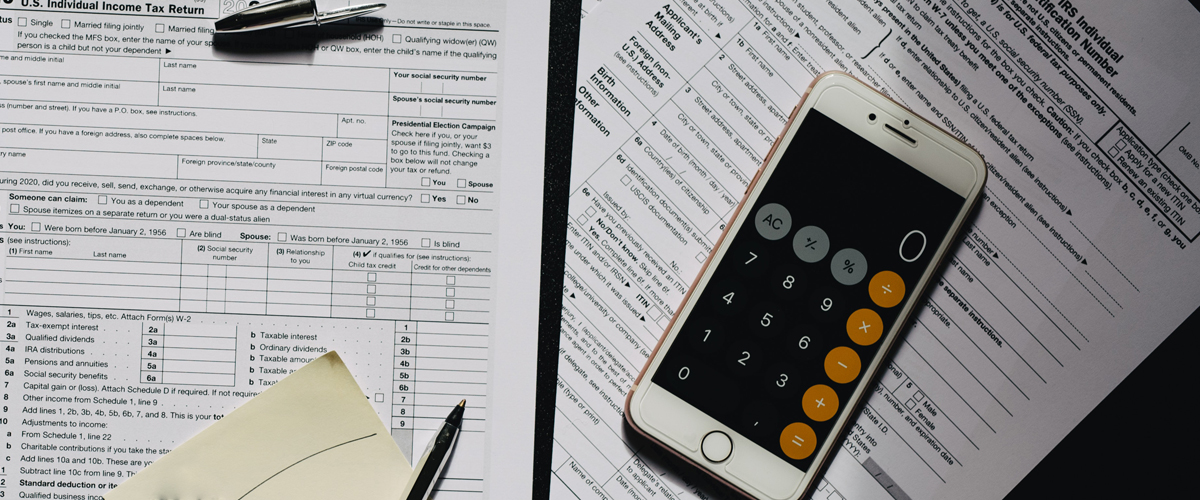Of course every au pair aims to have a pleasant and carefree stay in The Netherlands. However, from the moment your au pair leaves her home country until the moment she returns home, many things could happen. In order to prevent that your au pair has to deal with the financial consequences of an accident, illness or other cause, there are regulations and insurances to prevent this from happening.
WLZ (Long-term Care Act) and Basic Health Insurance
Legally, every au pair in The Netherlands (regardless of their country of residence) is obliged to have Dutch Basic Health Insurance. This doesn’t concern the specific Au pair insurance, but the Basic Health Insurance (you have yourself as well).
The obligation to have Dutch Basic Health Insurance comes from the fact that the au pair needs to be insured under the WLZ scheme. WLZ stands for the Long-term Care Act. The WLZ Insurance is not an insurance you request for, it rises by operation of law. This means that if one meets the conditions, he is insured under the WLZ scheme without taking actions as an individual.
This also concerns your au pair. The SVB (Sociale verzekeringsbank) is the authority in the Netherlands that defines whether a person needs to be insured under the WLZ scheme or not. On the website of SVB they specifically mention au pairs and describe this as follows: “You work as an au pair. Do you work as an au pair in The Netherlands and receive room and board? This means you are insured under the WLZ scheme."(website SVB)
The obligation to be insured under the WLZ scheme applies to the au pair herself. She has the obligation because she is living and working in The Netherlands. Even though the main cause of her stay is of course the cultural exchange, her work activities are considered “work” when it comes to the WLZ scheme.
Insurance for Calamities
This concerns unfortunate events such as your au pair passing away. Luckily this doesn’t happen often, but in the last couple of years it did happen a couple of times. On such a sad and hectic moment it is important to receive assistance from an organisation that assists the body to remain in the morgue, takes care of transport to the home country and takes care of the paperwork. An insurance for this sort of repatriation is compulsory for the visa of the au pair.
Both insurances are offered by JoHo.
Is the au pair insurance compulsory?
From a legal point of view, it is mandatory in the Netherlands for the au pair to take out Dutch Basic Health Insurance. This does not apply to the special au pair insurance. We do, however, recommend that you take out ISIS Au pair insurance for the au pair, and several Au pair agencies also make it compulsory to have the Au pair insurance.
Below we would like to explain why this Au pair insurance is recommended.
Important aspects of the ISIS Au pair insurance:
- With this, you partly fulfill your duty of care
- To minimize costs, the combination of basic insurance and ISIS au pair insurance is ideal.
- There is cover from the moment the au pair travels to the Netherlands and during the journey back home
- The au pair can also make use of the (additional) medical cover during holidays
- The au pair is insured for calamities (such as an accident and death). The insurer then arranges the return of the au pair and pays the costs incurred.
- The au pair is insured for emergency dental costs with All-in coverage
- The au pair is insured for private liability.
- Unlike other insurance policies for this target group, the insurance also offers temporary coverage for (urgent) Corona-related costs
If you have questions after reading this information, please contact us.
ISIS Au pair insurance
In order to make the stay of your au pair as carefree and comfortable as possible, it is important to make sure your au pair is well insured. The ISIS Au pair Insurance contains a number of important coverages and offers assistance at calamities. Obviously no-one expects something to happen to their au pair, but it is a comforting thought to have an insurance that covers for this.
Basic Health Insurance for au pairs
In this section, you will find more information about the health insurance obligation, the risks of not taking out basic health insurance and the possibilities of taking out basic health insurance for the au pair.




